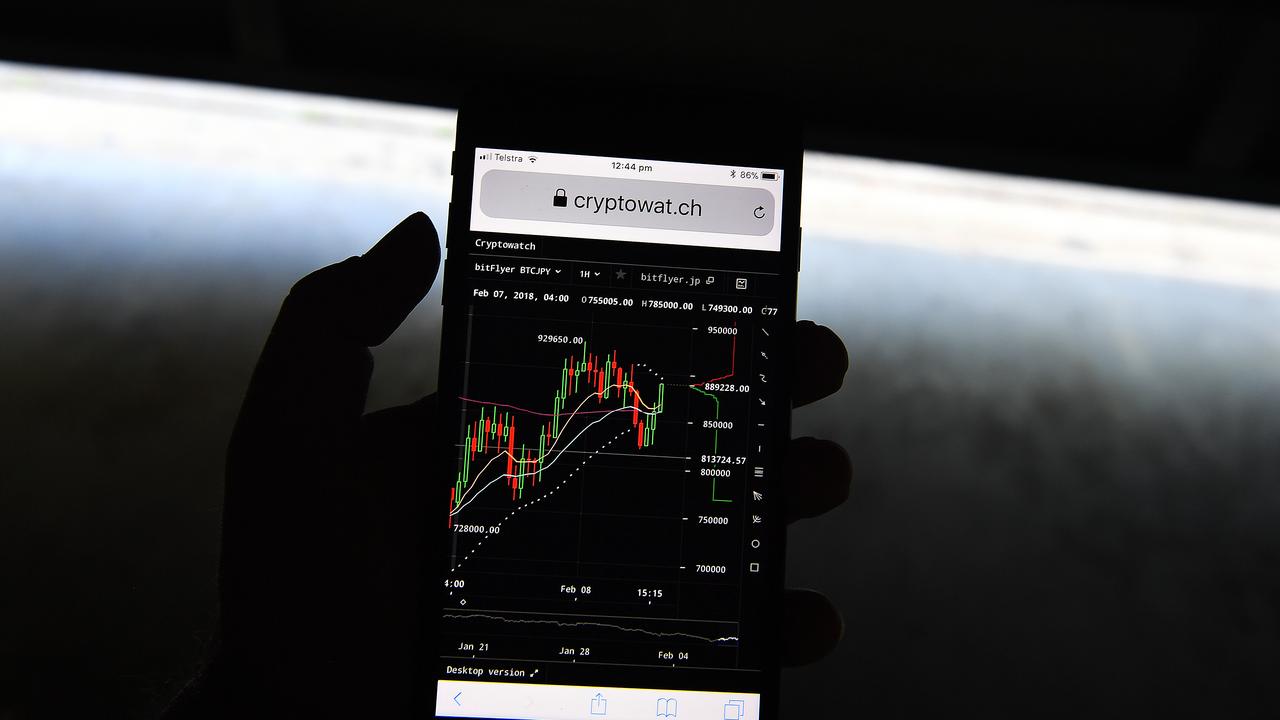
Australian entrepreneurs and business leaders are urged to embrace stablecoins, a form of cryptocurrency being hailed as the future of global commerce.
Payments giant Stripe detailed its ambitious plans for embracing the cross-border solution to more than 1,500 people at its annual expo in Sydney on Thursday.
"We view stablecoins very similarly to how we view artificial intelligence - it's one of these new transformational technologies that likely comes along once in a generation and can fundamentally change how businesses operate," said Joseph Galante, head of revenue at Stripe's stablecoin platform Bridge.

Stablecoins are cryptocurrencies tied to a fiat currency such as the US dollar, offering an instant and cheap way to send payments globally, he said.
"If you were to conceptualise what money should look like in the modern world, those are the attributes you want, and so we're - like a lot of global companies - starting to adopt this," Mr Galante said.
The company announced the expansion of its Stripe Capital offering to Australia, allowing small and medium-sized businesses (SMBs) to access up to $150,000 in financing through the platform.
"SMBs are the backbone of the Australian economy, but the cost of doing business has risen sharply and around half report difficulty securing funding," Stripe's Australian and New Zealand managing director Karl Durrance said.

For the quarter of Stripe's one million Australian and Kiwi users that sell across borders, he said stablecoins offer a quick and easy way to enter new countries and pay overseas suppliers and contractors.
A "unicorn" valued at $US91.5 billion ($A138 billion), Stripe has found demand for stablecoin payment services is growing faster than anything it has ever seen, including the growth of the company itself.
Financial systems are traditionally siloed with US residents banking with US banks and Aussies banking with Australian banks, Stripe's head of crypto Adrien Duchâteau told the audience in Sydney.
Those constraints means it takes year for Stripe to launch global products, he said, while stablecoins "offer programmable infrastructure that is global from day one".







